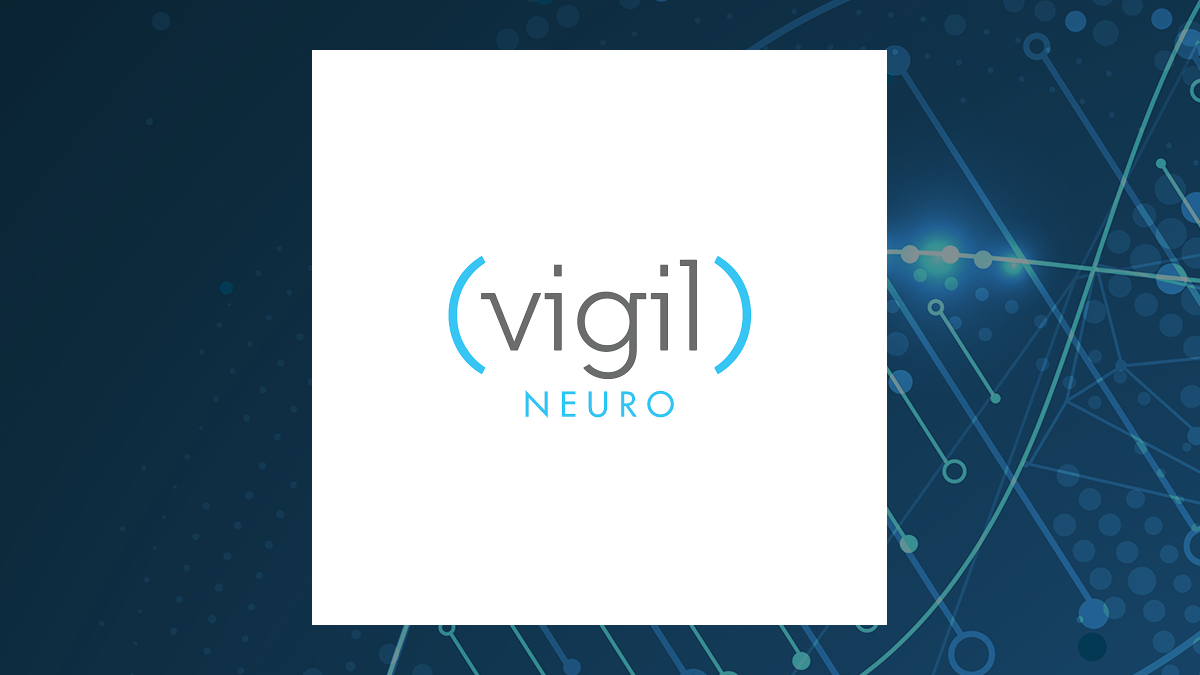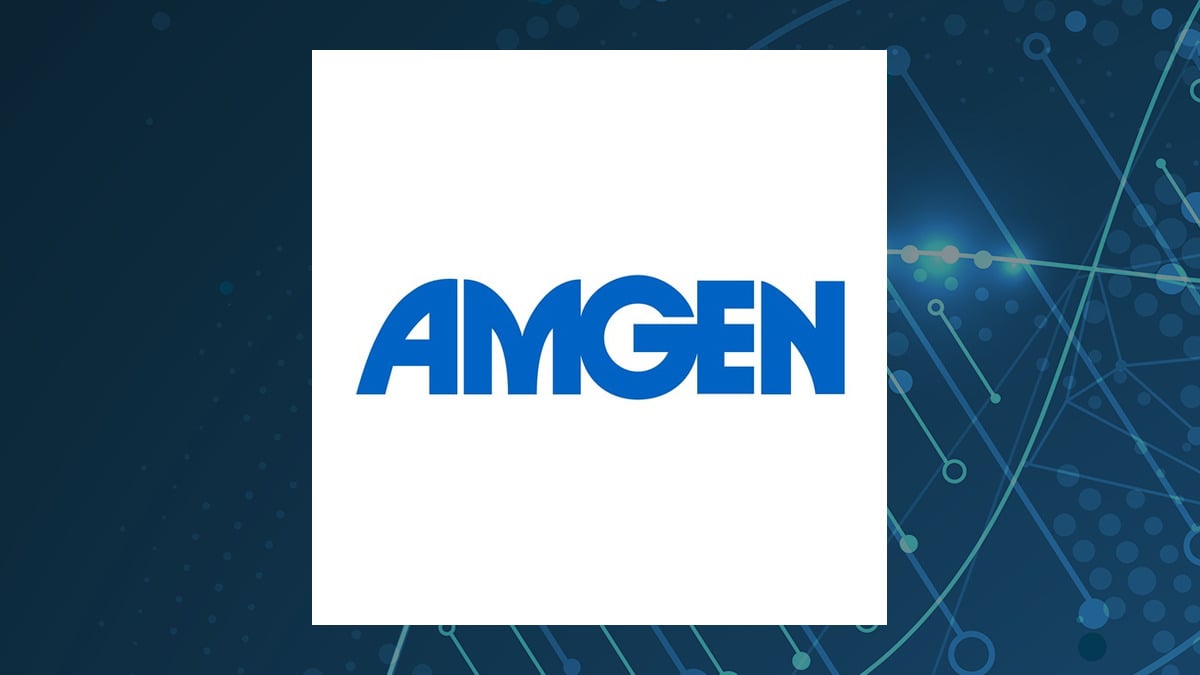Vigil Neuroscience (NASDAQ:VIGL – Get Free Report) and Amgen (NASDAQ:AMGN – Get Free Report) are both medical companies, but which is the superior business? We will contrast the two businesses based on the strength of their profitability, risk, earnings, dividends, valuation, analyst recommendations and institutional ownership.
Insider & Institutional Ownership
83.6% of Vigil Neuroscience shares are owned by institutional investors. Comparatively, 76.5% of Amgen shares are owned by institutional investors. 33.5% of Vigil Neuroscience shares are owned by company insiders. Comparatively, 0.5% of Amgen shares are owned by company insiders. Strong institutional ownership is an indication that endowments, hedge funds and large money managers believe a stock is poised for long-term growth.
Profitability
This table compares Vigil Neuroscience and Amgen’s net margins, return on equity and return on assets.
| Net Margins | Return on Equity | Return on Assets | |
| Vigil Neuroscience | N/A | -57.26% | -49.50% |
| Amgen | 23.83% | 154.27% | 10.95% |
Analyst Ratings
| Sell Ratings | Hold Ratings | Buy Ratings | Strong Buy Ratings | Rating Score | |
| Vigil Neuroscience | 1 | 0 | 3 | 0 | 2.50 |
| Amgen | 0 | 9 | 10 | 0 | 2.53 |
Vigil Neuroscience presently has a consensus target price of $17.40, suggesting a potential upside of 574.42%. Amgen has a consensus target price of $296.95, suggesting a potential upside of 10.24%. Given Vigil Neuroscience’s higher possible upside, research analysts clearly believe Vigil Neuroscience is more favorable than Amgen.
Volatility & Risk
Vigil Neuroscience has a beta of 1.77, suggesting that its stock price is 77% more volatile than the S&P 500. Comparatively, Amgen has a beta of 0.58, suggesting that its stock price is 42% less volatile than the S&P 500.
Valuation and Earnings
This table compares Vigil Neuroscience and Amgen’s top-line revenue, earnings per share (EPS) and valuation.
| Gross Revenue | Price/Sales Ratio | Net Income | Earnings Per Share | Price/Earnings Ratio | |
| Vigil Neuroscience | N/A | N/A | -$82.64 million | ($2.13) | -1.21 |
| Amgen | $28.19 billion | 5.13 | $6.72 billion | $12.49 | 21.57 |
Amgen has higher revenue and earnings than Vigil Neuroscience. Vigil Neuroscience is trading at a lower price-to-earnings ratio than Amgen, indicating that it is currently the more affordable of the two stocks.
Summary
Amgen beats Vigil Neuroscience on 9 of the 13 factors compared between the two stocks.
About Vigil Neuroscience
 Vigil Neuroscience, Inc., a clinical-stage biotechnology company, focuses on developing treatments for rare and common neurodegenerative diseases by restoring the vigilance of microglia, the sentinel immune cells of the brain. Its lead candidate is VGL101(Iluzanebart), a human monoclonal antibody agonist targeting human triggering receptor expressed on myeloid cells 2 and is in a Phase 2 trial in patients with adult-onset leukoencephalopathy with axonal spheroids and pigmented glia (ALSP), a rare and fatal neurodegenerative disease. The company is also developing VG-3927, an orally-available small molecule TREM2 agonist to treat common neurodegenerative diseases associated with microglial dysfunction, with an initial focus on Alzheimer's disease in genetically defined subpopulations, which is being evaluated in a Phase 1 clinical trial. It has license agreement with Amgen Inc. to commercially develop, manufacture, use, distribute, and sell therapeutic products containing compounds that bind to TREM2. The company was incorporated in 2020 and is headquartered in Watertown, Massachusetts.
Vigil Neuroscience, Inc., a clinical-stage biotechnology company, focuses on developing treatments for rare and common neurodegenerative diseases by restoring the vigilance of microglia, the sentinel immune cells of the brain. Its lead candidate is VGL101(Iluzanebart), a human monoclonal antibody agonist targeting human triggering receptor expressed on myeloid cells 2 and is in a Phase 2 trial in patients with adult-onset leukoencephalopathy with axonal spheroids and pigmented glia (ALSP), a rare and fatal neurodegenerative disease. The company is also developing VG-3927, an orally-available small molecule TREM2 agonist to treat common neurodegenerative diseases associated with microglial dysfunction, with an initial focus on Alzheimer's disease in genetically defined subpopulations, which is being evaluated in a Phase 1 clinical trial. It has license agreement with Amgen Inc. to commercially develop, manufacture, use, distribute, and sell therapeutic products containing compounds that bind to TREM2. The company was incorporated in 2020 and is headquartered in Watertown, Massachusetts.
About Amgen
 Amgen Inc. discovers, develops, manufactures, and delivers human therapeutics worldwide. The company's principal products include Enbrel to treat plaque psoriasis, rheumatoid arthritis, and psoriatic arthritis; Otezla for the treatment of adult patients with plaque psoriasis, psoriatic arthritis, and oral ulcers associated with Behçet's disease; Prolia to treat postmenopausal women with osteoporosis; XGEVA for skeletal-related events prevention; Repatha, which reduces the risks of myocardial infarction, stroke, and coronary revascularization; Nplate for the treatment of patients with immune thrombocytopenia; KYPROLIS to treat patients with relapsed or refractory multiple myeloma; Aranesp to treat a lower-than-normal number of red blood cells and anemia; EVENITY for the treatment of osteoporosis in postmenopausal for men and women; Vectibix to treat patients with wild-type RAS metastatic colorectal cancer; BLINCYTO for the treatment of patients with acute lymphoblastic leukemia; TEPEZZA to treat thyroid eye disease; and KRYSTEXXA for the treatment of chronic refractory gout. It also markets other products, including Neulasta, MVASI, AMJEVITA/AMGEVITA, TEZSPIRE, Parsabiv, Aimovig, LUMAKRAS/LUMYKRAS, EPOGEN, KANJINTI, TAVNEOS, RAVICTI, UPLIZNA and PROCYSBI. The company serves healthcare providers, including physicians or their clinics, dialysis centers, hospitals, and pharmacies. It distributes its products through pharmaceutical wholesale distributors, as well as direct-to-consumer channels. The company has collaboration agreements with AstraZeneca plc for the development and commercialization of TEZSPIRE; Novartis Pharma AG to develop and commercialize Aimovig; UCB for the development and commercialization of EVENITY; Kyowa Kirin Co., Ltd. for rocatinlimab development and commercialization; and BeiGene, Ltd. for oncology products expansion and development. Amgen Inc. was incorporated in 1980 and is headquartered in Thousand Oaks, California.
Amgen Inc. discovers, develops, manufactures, and delivers human therapeutics worldwide. The company's principal products include Enbrel to treat plaque psoriasis, rheumatoid arthritis, and psoriatic arthritis; Otezla for the treatment of adult patients with plaque psoriasis, psoriatic arthritis, and oral ulcers associated with Behçet's disease; Prolia to treat postmenopausal women with osteoporosis; XGEVA for skeletal-related events prevention; Repatha, which reduces the risks of myocardial infarction, stroke, and coronary revascularization; Nplate for the treatment of patients with immune thrombocytopenia; KYPROLIS to treat patients with relapsed or refractory multiple myeloma; Aranesp to treat a lower-than-normal number of red blood cells and anemia; EVENITY for the treatment of osteoporosis in postmenopausal for men and women; Vectibix to treat patients with wild-type RAS metastatic colorectal cancer; BLINCYTO for the treatment of patients with acute lymphoblastic leukemia; TEPEZZA to treat thyroid eye disease; and KRYSTEXXA for the treatment of chronic refractory gout. It also markets other products, including Neulasta, MVASI, AMJEVITA/AMGEVITA, TEZSPIRE, Parsabiv, Aimovig, LUMAKRAS/LUMYKRAS, EPOGEN, KANJINTI, TAVNEOS, RAVICTI, UPLIZNA and PROCYSBI. The company serves healthcare providers, including physicians or their clinics, dialysis centers, hospitals, and pharmacies. It distributes its products through pharmaceutical wholesale distributors, as well as direct-to-consumer channels. The company has collaboration agreements with AstraZeneca plc for the development and commercialization of TEZSPIRE; Novartis Pharma AG to develop and commercialize Aimovig; UCB for the development and commercialization of EVENITY; Kyowa Kirin Co., Ltd. for rocatinlimab development and commercialization; and BeiGene, Ltd. for oncology products expansion and development. Amgen Inc. was incorporated in 1980 and is headquartered in Thousand Oaks, California.
Receive News & Ratings for Vigil Neuroscience Daily - Enter your email address below to receive a concise daily summary of the latest news and analysts' ratings for Vigil Neuroscience and related companies with MarketBeat.com's FREE daily email newsletter.
